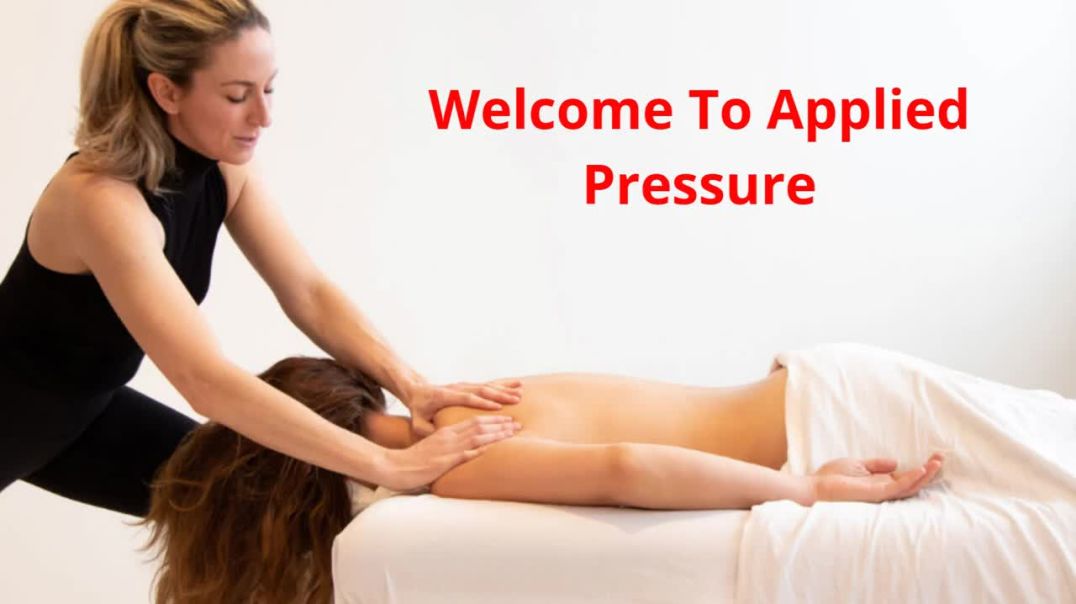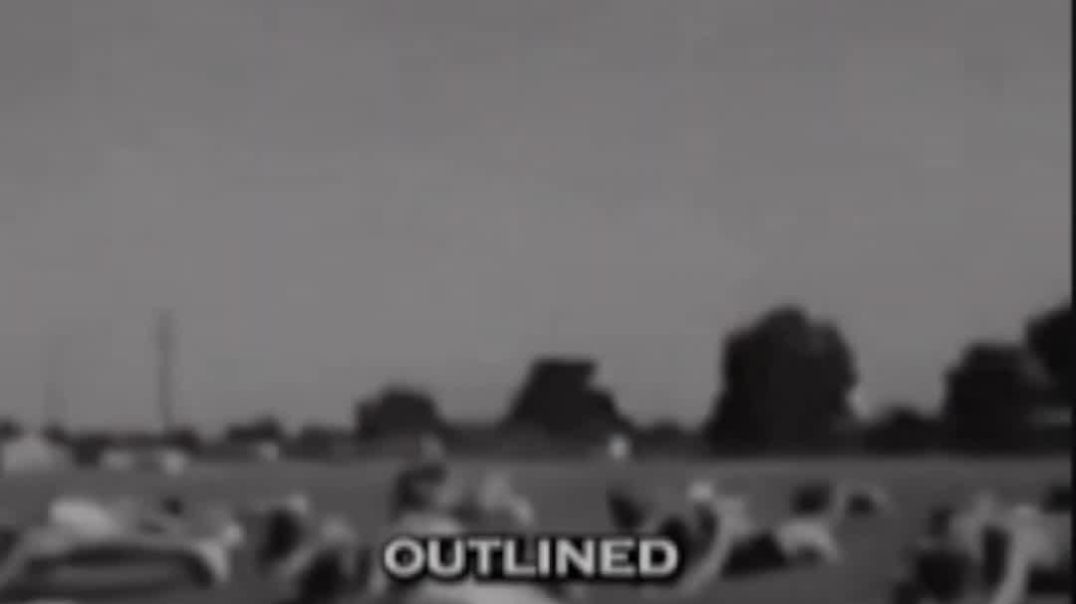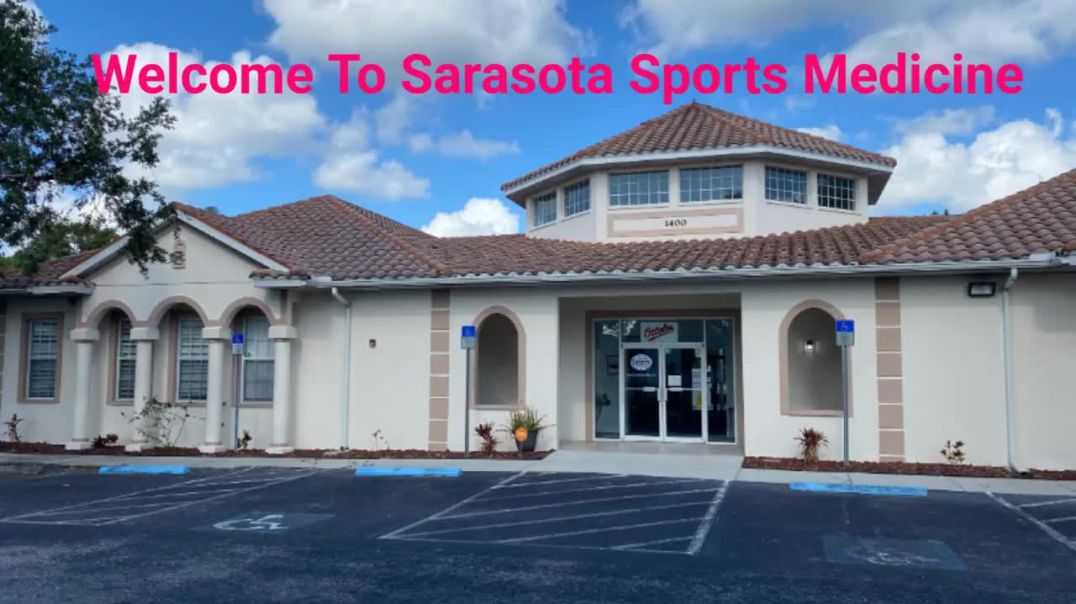
Please subscribe to watch this video.
- Finance and Investment
- Insurance
- Technology & Gadgets
- Real Estate
- Legal Services
- Health & Wellness
- Online Education & E-learning
- Business & Entrepreneurship
- Cryptocurrency & Blockchain
- Web Hosting & Domains
- Travel
- Luxury Goods
- Home Improvement & DIY
- Parenting & Family
- Fashion & Beauty
- Food & Recipes
- Sports & Fitness
- Relationships & Dating
- Automotive
- Gaming
- Software as a Service (SaaS)
- Photography & Videography
- Pets & Animals
- Eco-Friendly Living
- Personal Development & Self-Help
- Affiliate Marketing & Passive Income
- Education for Professionals
- Virtual Reality (VR) & Augmented Reality (AR)
- AI & Machine Learning
- Entertainment
- History
- News and Politics
- Music
- Podcasts
- Comedy
- Spirituality & Religion
- Other
Thoracic Spine Pain | Upper Back Exercises From A Physical Therapist
Six of the best stretches and exercises to decrease pain and tension in your upper back. Thoracic self-mobilization techniques and strength training exercises to help eliminate your back pain and help you feel better. Tips and advice from a doctor of physical therapy.
===================================
FOAM ROLLER USED IN THIS VIDEO: https://amzn.to/2VrLPEx
SELF-MASSAGER FOR MUSCLE KNOTS: https://amzn.to/2JKBqSs
===================================
OTHER VIDEOS YOU MIGHT FIND USEFUL
✅ FIX UPPER BACK PAIN FAST!: https://youtu.be/wbF7obvVWaI
✅ HOW TO ELIMINATE MUSCLE KNOTS IN NECK AND SHOULDERS: https://youtu.be/9PC9Mn0VO00
✅ HOW TO SLEEP WITH BACK PAIN: https://youtu.be/-Qxmc4E7IwA
✅ FIX YOUR POSTURE IN 6 MINUTES - FOAM ROLLER EXERCISES: https://youtu.be/8otTdS5DhE4
✅ HOW TO CRACK YOUR OWN BACK AND NECK AT HOME: https://youtu.be/4SfPkYXo7wQ
===================================
RELEVANT TIME STAMPS:
0:56 - WHY you hurt
3:58 - Thoracic Rotation Stretch
5:37 - Chair Extension Mobilization
7:27 - Foam Roller
9:36 - Rows
11:07 - Wall Angels
12:30 - Prone W’s
WHAT CAUSES UPPER BACK PAIN?
There are many potential sources of upper back pain. In my professional experience, the three most-common causes of thoracic spine pain are joint inflammation, rib dysfunction, and muscle strain/knots. Again - there are many more potential causes than this, but these are the three that I encounter the most often in my physical therapy clinic. Fortunately, there’s a lot that the right stretches and strengthening exercises can do to alleviate your pain and symptoms in your upper back.
STABILITY VS MOBILITY
When we are talking about joints of the body (and especially joints of the spine) there’s one key principle that often dictates rehabilitation: Stability vs Mobility. Your spine is a column of vertebrae stacked one on top of the other – it needs to be a stable structure to support your body. However, that column is also designed to bend and rotate (providing us movement) and therefore needs to be a mobile structure, as well.
The key to helping alleviate pain in this area in your upper back is often found in discovering the right balance for your body between stability and mobility. If you find your back is very stiff and doesn’t move very well (too much stability and not enough mobility) then your best treatment options should include stretching, foam rolling, and other joint mobilization techniques.
If, on the other hand, your back is very loose, flexible, and mobile, then you will most likely benefit from exercises focusing on stability (a.k.a. strength) versus stretching. A strong muscle is a tight muscle - the stronger your muscles in a given area the better the stability of that area.
BEST STRETCHES AND MOBILIZATIONS FOR THORACIC SPINE PAIN (please see video for full demonstration of each)
Thoracic Spine Rotation Stretch - One of my favorite stretches to introduce motion into the thoracic spine. Keep in mind - the higher you bring your knees the more you’ll feel this stretch.
Chair Extension Mobilization - Go up and down your thoracic spine to mobilize each segment; don’t be surprised if you get a few pain-alleviating “pops” along the way.
Foam Roller - Needs to be done the right way! Don’t hold your head suspended but rather let it mobilize your back.
BEST STRENGTHENING EXERCISES FOR YOUR UPPER BACK
Band Rows (bilateral and unilateral) - Bilateral to increase strength/stability; unilateral is a way that you can actually include some functional strengthening over motion with it.
Wall Angels - Strength and endurance are key! Remember the points of contact and try strengthening over this really good posture.
Prone W’s - Remember to get your chest up off the floor (extend through your back) and get your elbows behind you (drawing your shoulder blades closer together)
Upper back pain is a common problem for a lot of people, but it absolutely doesn’t have to be! Being in tune with your body and understanding the principles provided in this video (stretch where it’s tight; strengthen where it’s weak) are key to alleviating your pain and helping you to feel better.
Be sure to LIKE this video if you found it useful; also SUBSCRIBE to our channel if you have not done so already. Thanks so much!





















👏
Thoracic 🔥🔥🔥
🔥🔥